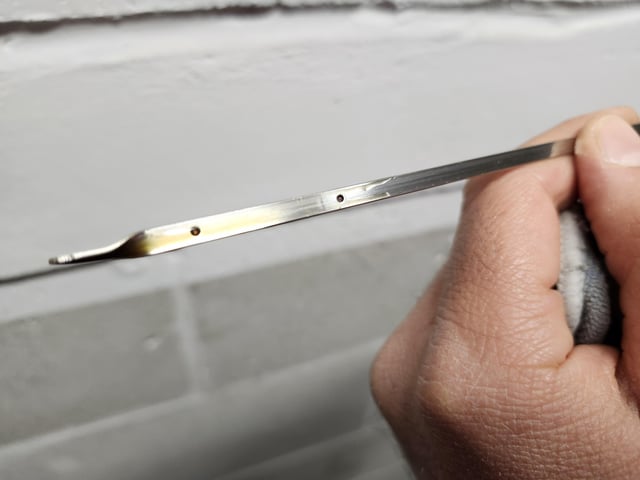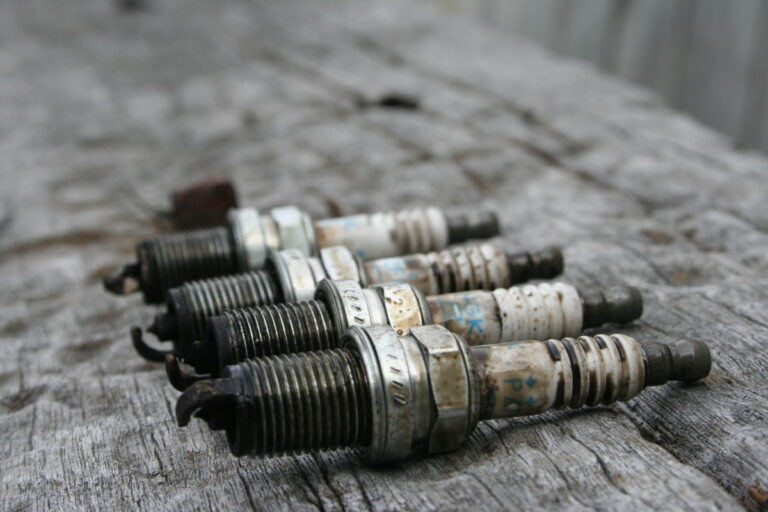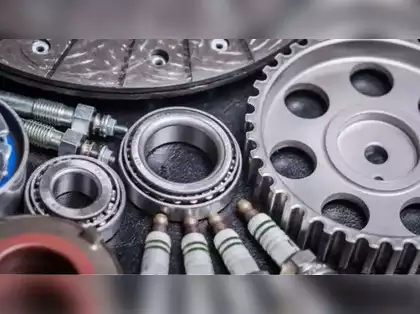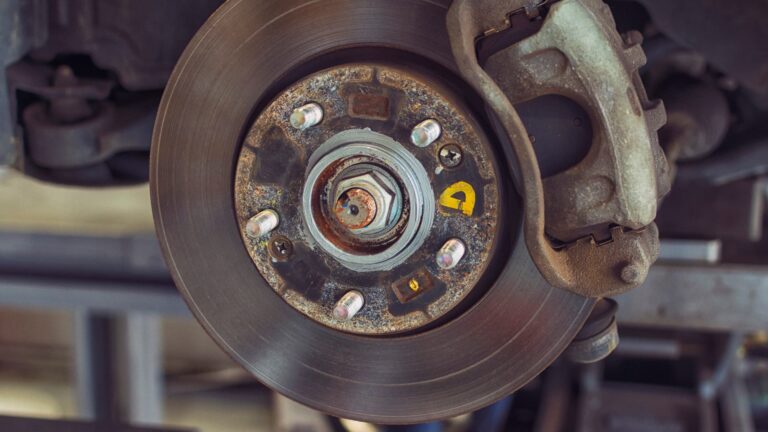Can Low Oil Cause Ticking Noise?

If you’re hearing a ticking noise coming from your engine, it’s natural to be concerned about what’s causing the sound. One of the possible culprits behind a ticking noise in your engine is low oil levels. But how does low oil lead to this noise, and should you be worried if it happens to you? Let’s break it down.
How Does Oil Affect Engine Function?
Oil plays a vital role in your engine’s operation. It lubricates the moving parts, reducing friction and preventing metal components from rubbing against each other. This lubrication helps the engine run smoothly and efficiently. Oil also helps dissipate heat and prevents excessive wear on engine components.
When the oil level is low, there is less lubrication available for these moving parts, which can cause friction and lead to unusual noises like ticking, knocking, or grinding.
Can Low Oil Cause a Ticking Noise?
Yes, low oil can cause a ticking noise in your engine. Here’s how it works:
1. Increased Friction in Engine Components
When the oil level is low, it can no longer adequately lubricate the engine’s components. This leads to increased friction between parts like the valve lifters, camshaft, and rocker arms. These components are responsible for controlling the intake and exhaust valves. The friction created by insufficient lubrication can result in a ticking sound as they move.
2. Oil Pump Issues
The oil pump is responsible for circulating oil throughout the engine. If the oil level is too low, the oil pump may struggle to pump oil effectively, which can cause a lack of pressure. Without proper oil pressure, parts that require constant lubrication, such as the engine’s valves and lifters, may begin to make noise. This can manifest as a ticking or tapping sound.
3. Damaged Valves or Lifters
If the oil level is low for an extended period, it can lead to serious damage to components like the valve lifters and camshaft. These components rely heavily on oil for smooth operation. As they wear down due to lack of lubrication, they may begin to make a ticking sound as they move inside the engine.
4. Ticking Sound at Startup
If the oil level is low, you may notice a ticking sound when starting your engine, particularly if the car has been sitting idle for a while. This noise may gradually go away as the oil circulates and warms up. However, if the oil level remains low for an extended period, the ticking noise may persist or even worsen.
Other Causes of Ticking Noise
While low oil is one possible cause of a ticking noise, there are other potential reasons for this sound as well. Here are some other common causes:
1. Worn or Loose Parts
Other parts in the engine, such as the valve lifters, push rods, rocker arms, or timing chain, could be worn or loose, causing a ticking noise. These parts can wear out over time, and if they become loose, they may make noise while the engine is running.
2. Carbon Build-Up
Over time, carbon deposits can form inside the engine, particularly around the valves and combustion chambers. This can interfere with the normal movement of engine components and cause a ticking noise.
3. Exhaust Leaks
An exhaust leak near the engine, particularly in the exhaust manifold, can also cause a ticking noise. This is usually a sharp, metallic sound that may resemble a ticking or tapping sound.
4. Faulty Timing Chain or Belt
The timing chain or timing belt is responsible for syncing the rotation of the crankshaft and camshaft. If the timing chain or belt is worn or loose, it can create a ticking noise as the engine operates.
What Happens if You Ignore the Ticking Noise?
Ignoring a ticking noise, especially if it’s caused by low oil, can lead to severe engine damage. Without adequate oil lubrication, moving parts can wear down quickly, leading to costly repairs. If low oil is the issue, it’s important to address it immediately by topping up the oil or changing the oil entirely.
Potential Consequences of Ignoring Low Oil:
- Engine Seizing: Prolonged low oil levels can lead to engine seizing, which means the engine stops functioning entirely.
- Increased Wear: Components that are not properly lubricated will wear out much faster, leading to premature engine failure.
- Overheating: Insufficient oil can cause the engine to overheat, which can damage critical parts.
How to Fix the Ticking Noise Caused by Low Oil
If you suspect that low oil is the cause of the ticking noise, here’s what you can do:
1. Check the Oil Level
The first step is to check the oil level using the dipstick. If the oil level is low, top it up with the correct oil for your engine. Be sure not to overfill, as too much oil can also cause problems.
2. Add the Right Type of Oil
Make sure you’re using the right type and grade of oil for your vehicle. You can refer to the owner’s manual for the manufacturer’s recommendations. Using the wrong type of oil can cause poor lubrication and may not solve the ticking noise.
3. Replace the Oil
If the oil appears dirty or contaminated, it may be time for an oil change. Old or degraded oil can lose its ability to lubricate the engine effectively, causing ticking noises and other problems. Be sure to change the oil and replace the oil filter.
4. Check for Leaks
If the oil level is low despite recently changing the oil, you may have an oil leak. Inspect the engine for signs of oil leaks around the valve covers, oil pan, or other components. If you find a leak, it’s important to have it repaired promptly.
Conclusion
Yes, low oil levels can absolutely cause a ticking noise in your engine. When there isn’t enough oil to properly lubricate the moving parts, friction increases, leading to ticking or tapping sounds. It’s crucial to address the issue as soon as possible to prevent further damage to your engine.
If you notice a ticking noise, start by checking the oil level and topping it up if necessary. Regular maintenance, such as routine oil changes and inspections, can help keep your engine running smoothly and prevent issues like low oil from causing serious problems. If the noise persists after adding oil, or if you suspect other issues, it’s always a good idea to consult a mechanic to prevent further engine damage.
Also Check:
• Does Engine Oil Expire If Opened?





